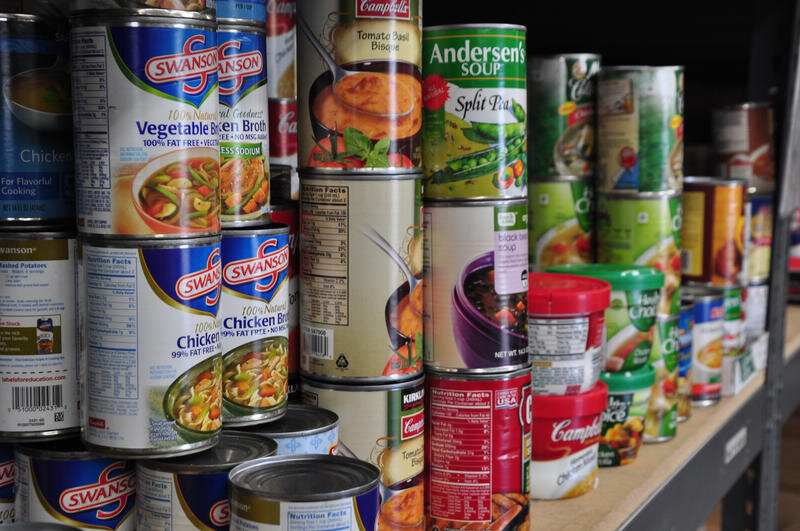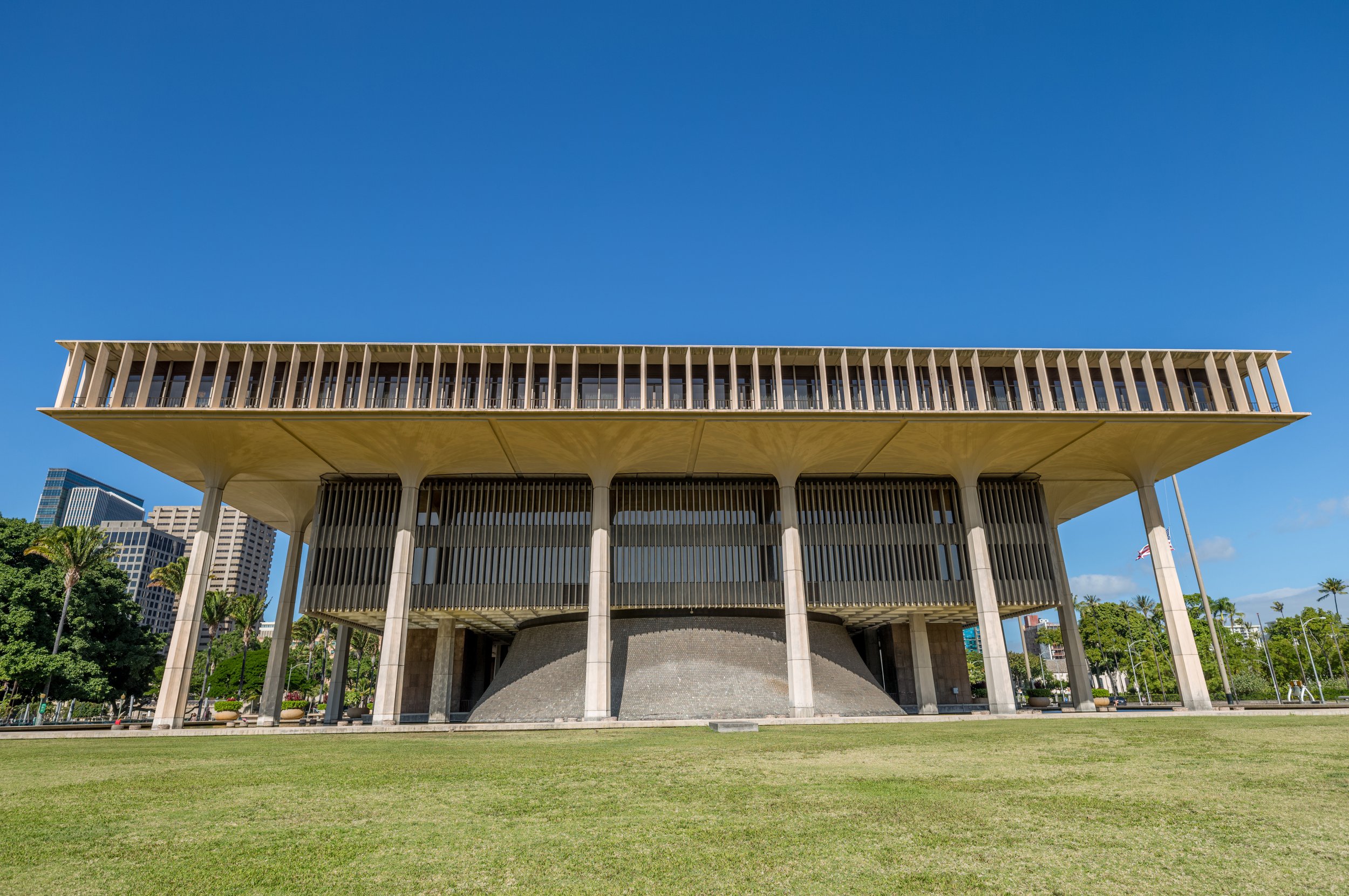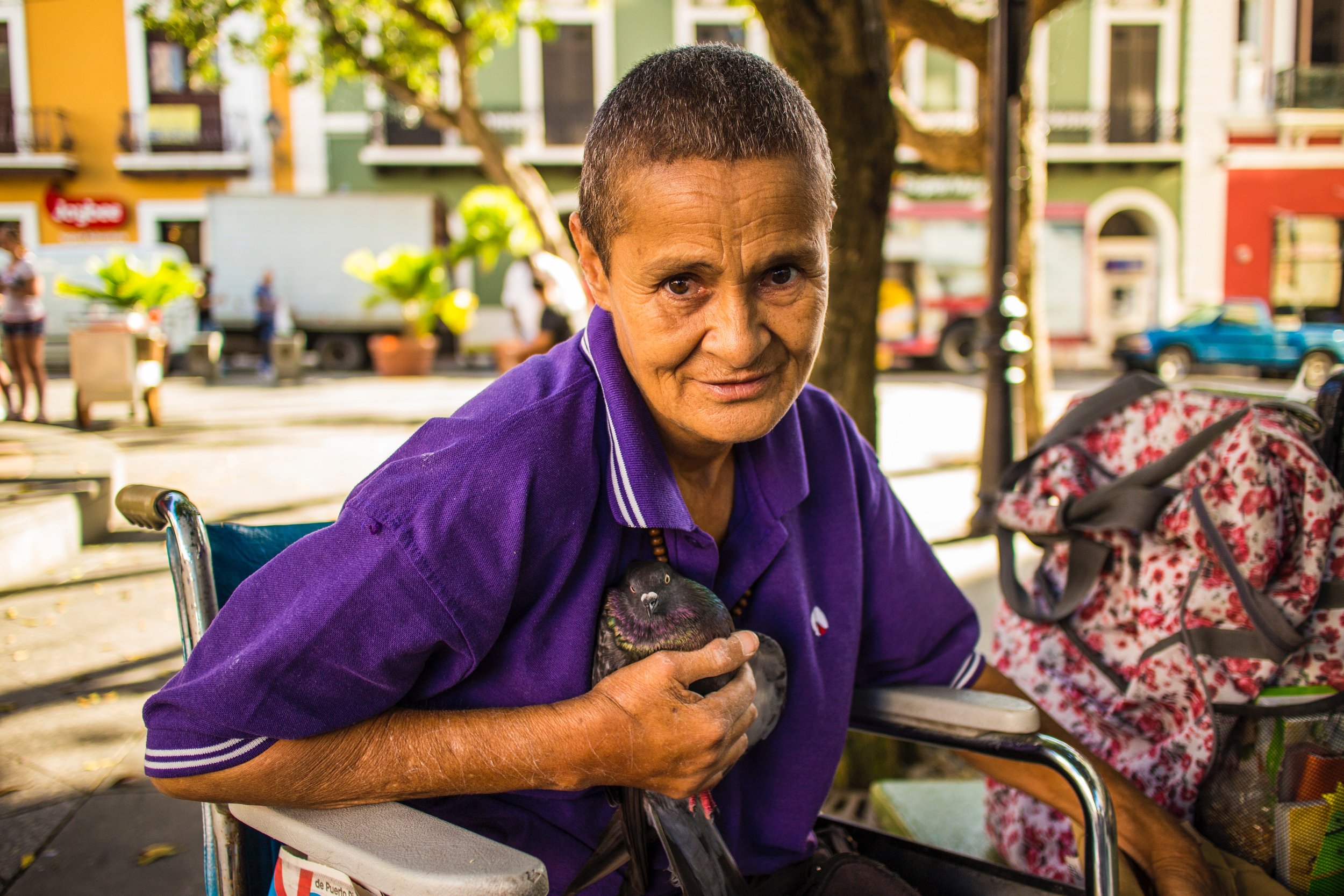
Hawaiʻi DOE wants another $30M for a facility that hasn’t been built
The Department of Education is pinning its local food buying goals on a central facility, and the budget is getting bigger and bigger.

Governor Green enacts historic tax relief for working class
Taxpayers could see higher paychecks starting next year. However, the tax cuts raise concerns about how the state will manage to balance the budget in the years ahead.

Planning averts spike in COVID-era homelessness in Hawaiʻi
Hawaiʻi Appleseed last week released the results of a study showing “a pre-litigation mediation program” known as Act 57 helped renters and landlords and reduced both court costs and a strain on the Judicial system.

This is how the candidates for Maui mayor want to tackle the housing crisis
Both say the lack of housing for residents is the county’s top problem, but they’re proposing very different solutions.

‘People are really struggling:’ Hawaiʻi food banks scramble to meet increased demand
Rising food costs and the end of pandemic-era assistance programs are driving a spike in demand for food assistance.

Tap more child nutrition, school-lunch subsidies for isle keiki
The “Feed Our Keiki” report finds that the federal school meal reimbursement rates for Hawaiʻi currently should be 62% higher than other states, but it has been stuck at only 17% higher since 1979.

Ige signs $18 minimum wage increase, tax refund
“This historic legislation represents a significant and meaningful step toward transforming our economy so that it works for everyone,” said Hawai‘i Appleseed Executive Director Gavin Thornton. “But much more remains to be done.”

Ige signs minimum wage increase, tax rebate bills
Gov. David Ige, on Wednesday during a ceremony at the state Capitol in Honolulu, signed two bills that will help Hawaiʻi’s working individuals and families.

Inflation is forcing some Hawaiʻi families to change the way they shop for groceries
Economists agree this rising trend won’t go away anytime soon—that’s concerning for food banks and nonprofit organizations that help low-income and working class families.

Hawaiʻi legislature 2022: smart spending could help big problems
The legislature has money available for almost any policy initiative imaginable, and every member of the house and senate is up for reelection.

Bill would expand DA BUX food program
The measure is intended to provide low-income people easier access to healthier food choices and to help local farmers and ranchers.

‘Bold’ plan to develop leasehold condos on state land renewed
The biggest drawback identified in the analysis is that using public land for leasehold housing is controversial.

Hawaiʻi seeks to be seen as a remote workplace with a view
But advocates say housing is a real concern in a state where there’s an affordable housing crisis.

One year later: The effects of Hawaiʻi’s illegal short-term rental ban
Illegal vacation rentals have worsened Hawaiʻi’s affordable housing shortage while contributing to an overrun of high-impact, low-spending visitors.

Sowing seeds of service
“Our work is to bring all these different sectors together and create lasting solutions and changes.”

ACLU calls for homeless sweeps to stop while MPD clears out Kahului camp
More than 70 officials, organizations and individuals released a statement calling for a halt to “sweeps” of the houseless community during the pandemic.

We have a chance to build a more equitable, resilient Hawaiʻi
Together, we can bring about a more equitable and resilient future that honors the people, land, culture, and values of Hawaiʻi.

State must help provide food security
This may be a once-in-a-lifetime chance to pivot toward the kind of food system we want for Hawaiʻi’s future.

Whatever politics are in play, politicians must get money to those hurting most in Hawaiʻi
Nearly one-third of adults in Hawaiʻi either missed last month’s rent or mortgage payment, or have “slight or no confidence that their household can pay next month’s rent or mortgage on time.”

Strengthening Hawaiʻi’s food systems: keeping kupuna fed
Disaster preparedness experts have worried for years about Hawaiʻi’s food security. The COVID-19 disruption has made kūpuna particularly at risk for hunger.
